Global political and economic life is governed by the paradigm of economic growth. Further enlargement, however, is nowadays both impracticable and undesirable. The logic of enlargement collides, first of all, with inexorable ecological limits that intercept the expansionary tendencies of the economic sphere and stop some of the economic activity. Second, to the extent that economic growth takes place, it creates high ecological costs and increasingly lower economic returns. Third, the paradigm of aggrandizement perpetuates the monopolization of the moral and philosophical sphere by economic logic and, fourth, it perpetuates vast inequalities and works against social goods and social cohesion. Under the weight of these negative ecological, economic, political and social consequences, a change of paradigm is necessary with the aim of maintaining the acquired standard of living and improving human living within the given biophysical limits, and with an emphasis on better state organization and social justice. In this context, the deconstruction of the dominant paradigm is the first necessary step towards entrenching a new alternative paradigm, that of ecological economics, which proposes a holistic framework for action by harmonizing the organization of the social world with the inescapable laws of nature. Such an approach leads to radical policy proposals in the energy, economic and political sectors both at the global level and at the local and state level. A parallel goal of the book, thus, is to prescribe a new plan of action that will make Greece sustainable ecologically, financially, energetically and economically. Such a thing presupposes the unmooring from previous ideological positions and anchorages and a new consideration of social life and the goals it must serve.
Development & Prosperity in the 21st Century
The ecological economics approach and the case of Greece
Author:
Philip President,Filippos Proedrou was born in Kavala in 1981. He studied Journalism and Media at the Aristotle University of Thessaloniki (1998-2002), did postgraduate studies at the University of Warwick in the UK (MA in International Relations) (2003) and completed his PhD in the department of International Economic Relations and Development in Komotini (2009) on EU-Russia energy relations. He works as a lecturer in International Relations at City College, International Faculty of the University of Sheffield since 2008, at DEI College, Registered Center of the University of London for the London School of Economics and Political Science Programs since 2009, and at the American College of Thessaloniki (ACT) since 2012. He has been a Policy and Governance Research Fellow at the South East European Research Center (SEERC) (2010), while working as an external contributor to the journal Illustrated History since 2009. His main research interests are energy policy , global governance, public diplomacy and ecological economics. In addition to texts in collective volumes in Greece, he has published in a number of scientific journals, such as European Security (2007), Journal of Contemporary European Studies (2010), Studia Diplomatica – The Brussels Journal of International Relations (2010), Journal of Southeast European and Black Sea Studies (2010), Diplomacy and Statecraft (2012) and Cyprus Review (2013). He is the author of two more books, the first entitled The Democratization of Global Governance. An introduction to cosmopolitan democracy, together with Christos Fragonikolopoulos (Sideri Publications, Athens, 2010), and the second entitled EU energy security in the gas sector: Evolving dynamics, policy dilemmas and prospects (Ashgate, London, 2012).
| Weight | 0.5 kg |
|---|---|
| Writer | |
| Writer | Philip President |
| Pages | 206 |
| Dimensions | 16x23 cm |
| Publisher | iWrite Publications |
Related products
The Last Greek Enlightenment
The controversies over the Greek identity and the conflict with K. Paparrigopoulos
Secularism in Greek school textbooks
From the accession to the European Community, until the 21st century
Religion and Pandemic in Greek Society
Power relations, religious populism and meteoric secularization
And their souls kept fluttering
Four vignettes and a story about the occupied territories of Cyprus



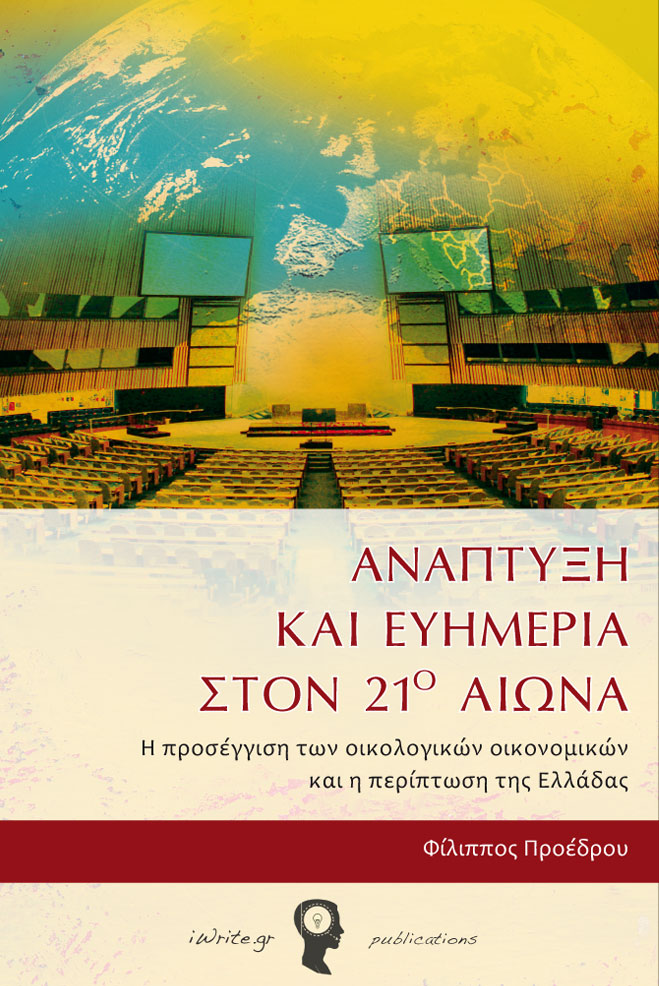
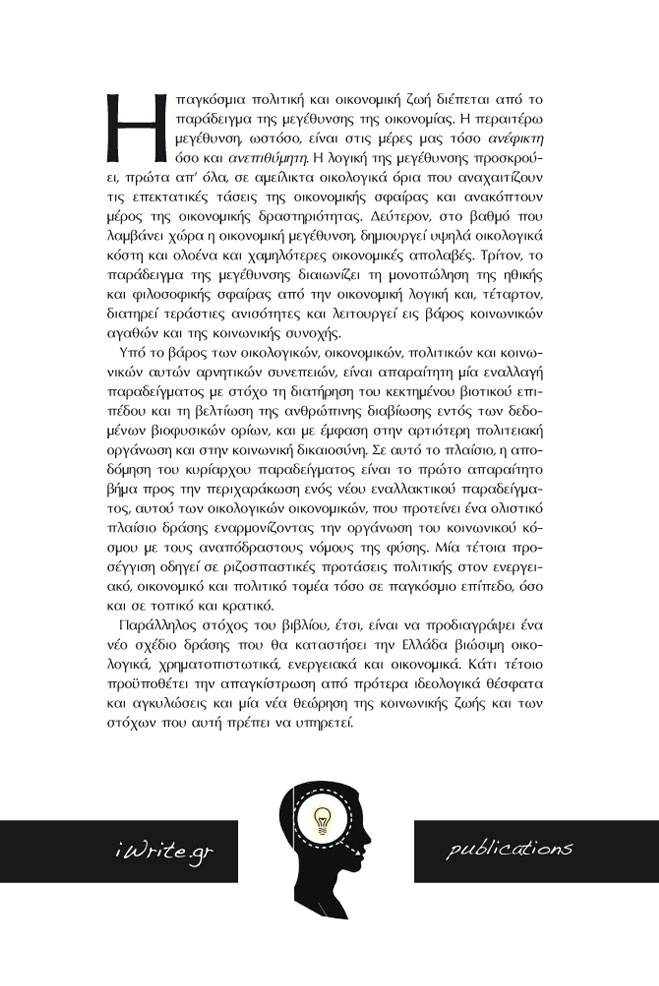
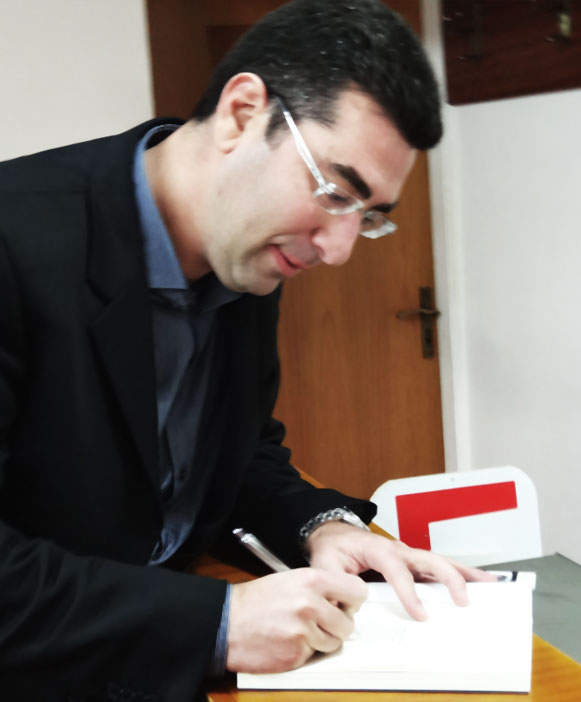
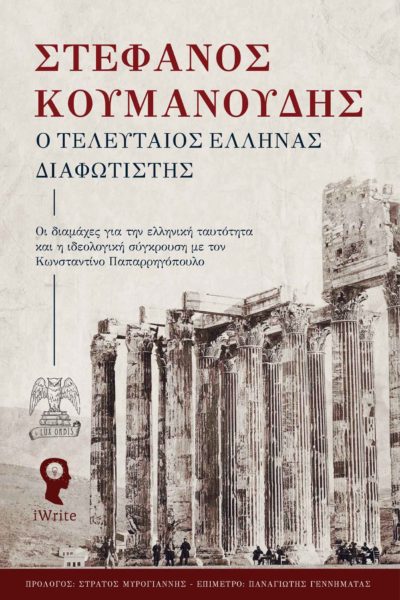

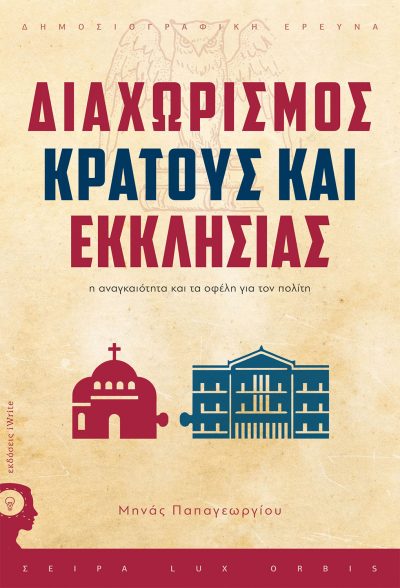
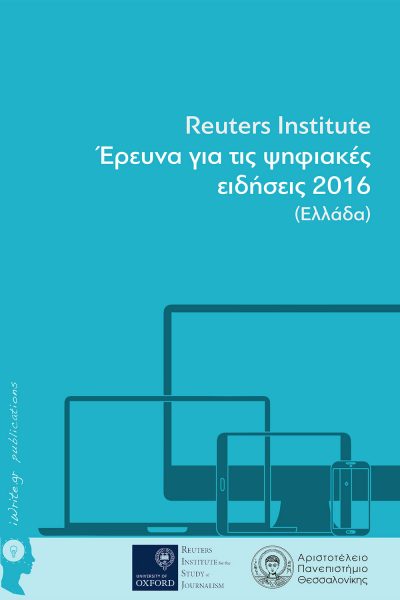
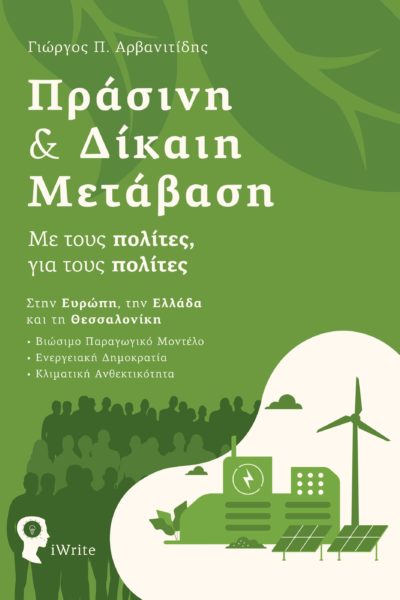



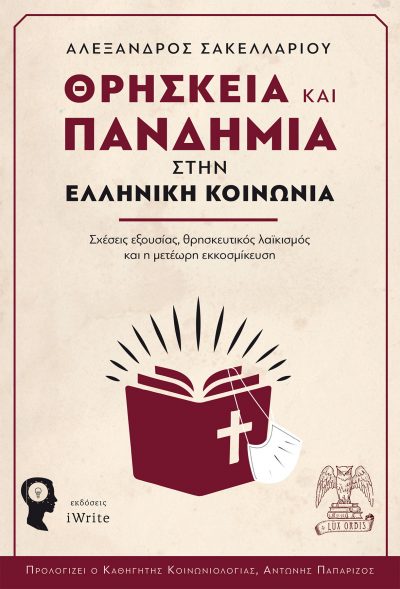
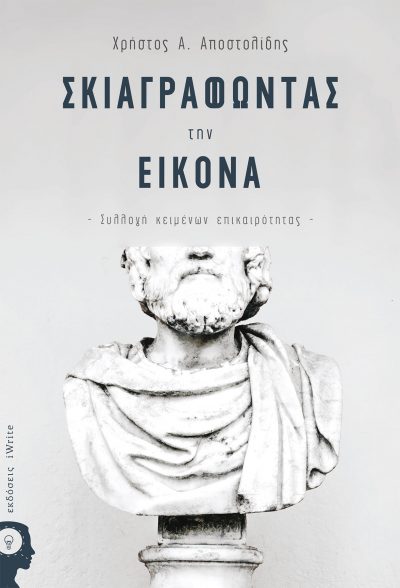


reviews
There is no review yet.